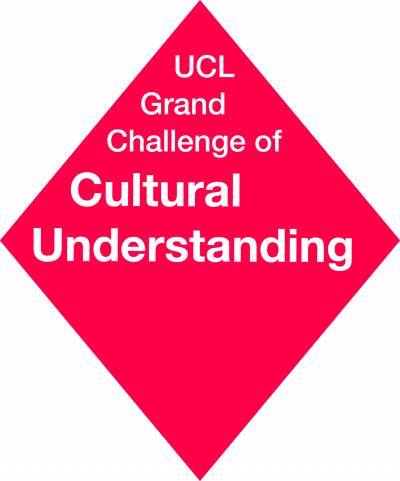Festival of Afro-European Arts, Performance & Scholarship
This festival celebrated Black cultural production and critical inquiry and sought to explore the structures that make Blackness seem natural, self-evident, and variously foreign across Europe.

23 May 2024
A two-day festival of Afro-European art, performance, and scholarship in Bloomsbury, co-sponsored by the UCL European Institute and the SOAS Centre for Migration and Diaspora Studies, and supported by six UCL units as well as two external institutions, was held on 4 - 5 June 2024.
The festival had two intertwined strands:
- Celebrating Black cultural production and critical inquiry, and
- Problematising the structures that make Blackness seem natural, self-evident, and variously foreign across Europe.
This was done by bringing artists working in various media together with each other, with students and staff, and with the public. It asked all participants to cast their creative and critical gazes on constructions of race, ethnicity, nationhood, and modernity and their entanglements in Europe. It challenged the sponsoring universities (UCL and SOAS) to critically examine their own policies affecting students and staff of colour, both present and future.
The purpose of the festival was to shed light on the racialising norms through which we tend to think about and study Europe (including Britain), to offer Black artists a platform for offering their diverse perspectives on these norms and practices, and to use these interventions to feed into the research and teaching cultures at UCL and SOAS. It started from the premise that experiences of racialisation are best understood through bringing together academic and creative perspectives, as well as personal and collective narrative.
 Close
Close


